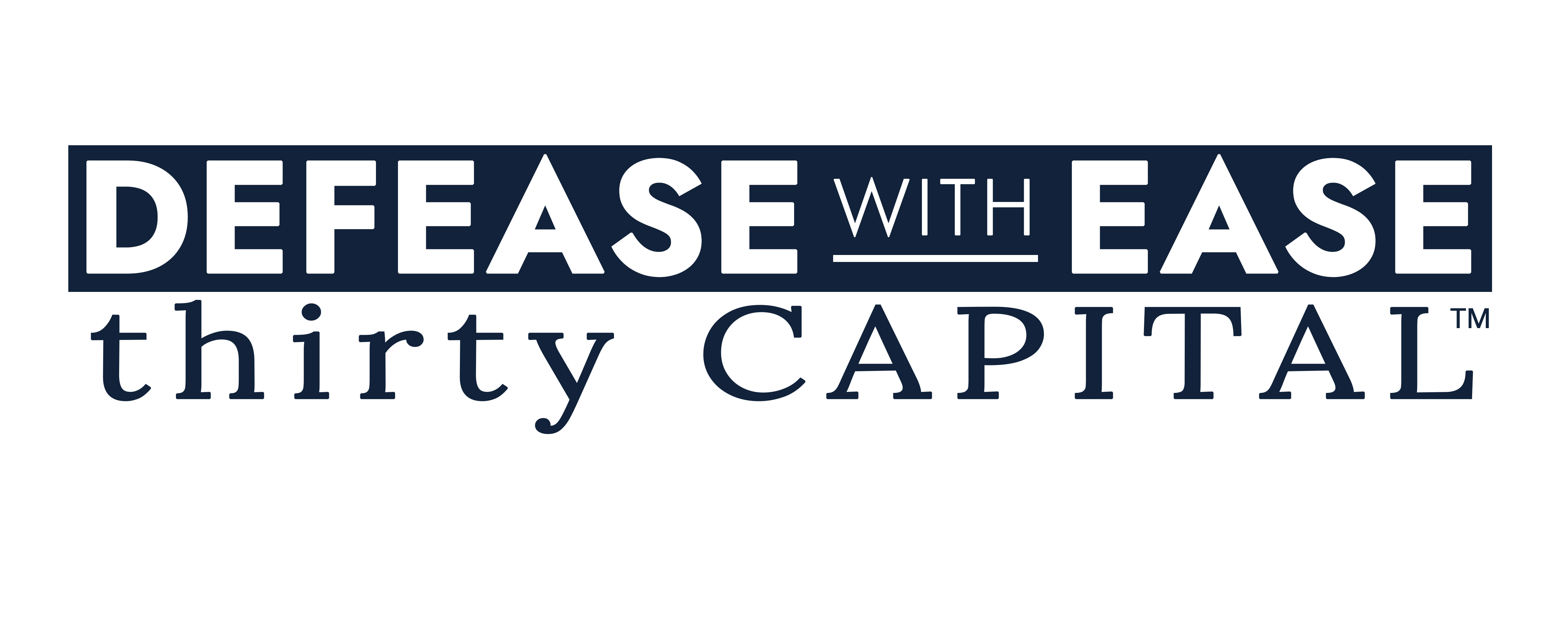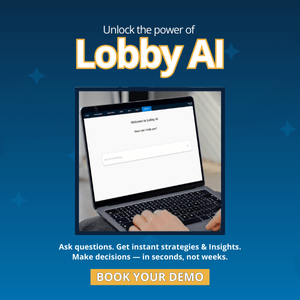Artificial Intelligence (AI) has become a fixture in the headlines—and for good reason. Tools like ChatGPT and Microsoft Copilot have transformed how professionals across industries access information and complete tasks. But when it comes to commercial real estate (CRE), generic AI models often fall short.
If you’re a CRE owner, operator, or decision-maker, the stakes are too high to rely on tools that don’t understand your assets, your financials, or your reporting requirements. You need purpose-built AI for CRE—technology designed from the ground up to solve the real problems you face in managing property portfolios, capital stacks, investor communications, and more.
Here’s why general-purpose AI tools won’t cut it—and what a specialized platform like Lobby AI offers instead.
1. General AI Can’t Understand Your CRE Portfolio
While tools like ChatGPT have a broad understanding of commercial real estate concepts, they lack insight into the nuances of your specific portfolio. They know terms like DSCR or defeasance in theory, but they don’t grasp what those mean within the context of your unique assets, capital structures, or strategies. Without direct access to your actual data and operations, their responses remain generic and can miss critical details that influence your decisions.
In contrast, CRE purpose built AI solutions are designed to work directly with your structured and unstructured data—such as T12s, debt schedules, and lease abstracts—and apply domain knowledge in a way that’s tailored to your portfolio. This context-aware approach allows them to deliver insights and recommendations that are accurate, relevant, and aligned with your business needs.
2. Generic AI Platforms Aren’t Secure Enough for Financial Data
Security and data privacy are top concerns in CRE, especially when dealing with sensitive financials, investor data, and debt documentation. With general AI tools, users must be cautious not to input proprietary information that could be retained or used to train the public model.
CRE-specific AI solutions operate in secure, siloed environments. With Lobby AI, for example, client data is stored in a private cloud, never used to train public models, and accessible only to authorized users. That means you can safely upload your financial models, loan docs, and lease abstracts—and ask questions without worrying about data leakage.
3. You’ll Waste Time Trying to “Prompt Engineer” a Generic Tool
Even sophisticated general-purpose AI tools require well-structured prompts to return accurate and usable answers. That’s a problem for busy executives. CRE professionals don’t have time to become prompt engineers, experimenting with syntax or format to get the right response.
Solutions like Lobby AI are trained on how CRE users actually ask questions: “What loans in my portfolio are eligible for defeasance?” or “Write a narrative for my Q2 investor report using uploaded financials.” The system interprets these real-world queries natively, no formatting needed.
4. CRE Decisions Require Structured Data—Not Just Words
The most powerful insights in CRE are locked inside structured data: pro forma spreadsheets, T12s, debt schedules, and property-level cashflow statements. General AI platforms, built for text, can’t easily ingest or analyze these files.
CRE AI platforms are built to handle this complexity. They can connect to data warehouses, parse Excel tables, and extract meaning from complex PDF documents. That means you can ask your AI to “generate a schedule of real estate owned” or “identify debt maturities by quarter” and get a real answer—grounded in your actual data.
5. Generic AI Can’t Deliver Integrated Workflows
Another challenge with general AI tools is that they’re disconnected from your existing systems. You might be able to draft an email in ChatGPT, but you still need to copy/paste it into your CRM, reference data from your financial model, and send it to the right stakeholders.
In contrast, CRE-specific solutions are typically designed with workflows in mind. They can integrate with your portfolio data, offer output formats like investor-ready reports or lender checklists, and help your team move from question to action in seconds. AI isn’t just a chatbot—it becomes a strategic tool for managing your CRE business.
6. Real Estate Requires Real Accountability
CRE decisions have long-term consequences. Choose the wrong refinance structure, and you could jeopardize equity. Miss a reporting deadline, and you risk damaging investor trust. In this environment, “hallucinations” or vague answers from general AI tools are unacceptable.
Purpose-built AI models are rigorously trained and tested for accuracy within the domain of CRE. They’re not designed to speculate, they’re designed to inform. And when paired with expert support (like access to real debt advisors), the platform becomes a reliable partner for high-stakes decision-making.
The Future of CRE Is Specialized, Not Generic
While AI is reshaping industries, not all tools are built for the demands of commercial real estate. Generic platforms like ChatGPT lack the context, structure, and security CRE decision-makers need. That’s why more firms are turning to purpose-built solutions tailored to their portfolios and workflows.
Lobby AI helps you move with speed and certainty—transforming raw data into real strategic advantage. Want to see how CRE-specific AI can sharpen decision-making across your portfolio? Let’s connect.
 The Lobby AI Mobile App is here! In the field, in meetings, on the go: instant portfolio insights right on your phone.
The Lobby AI Mobile App is here! In the field, in meetings, on the go: instant portfolio insights right on your phone. 



